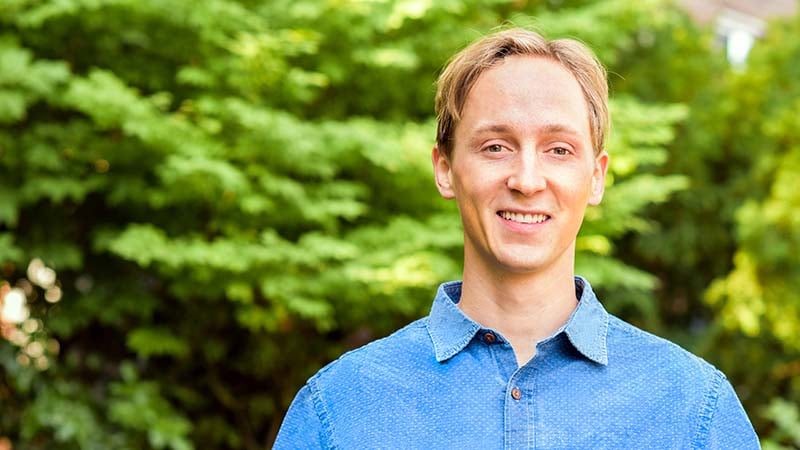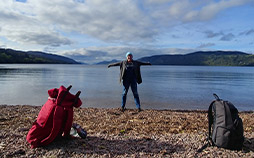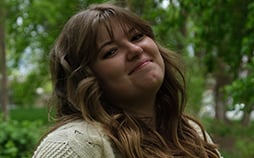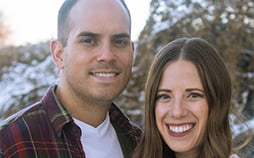Serendipity in Scotland
Abby Thatcher’s study abroad changed her life, but not how she expected it would.
January 2021
 Ryder Seamons
Ryder Seamons
In high school, Ryder Seamons was a voracious reader. When it came time to apply for college, he wasn’t quite sure what to study, so his mother suggested English. “I came to BYU and declared as an English major on the first day,” he says. Following a two-year mission to Taiwan and three years as a research assistant at the Neal A. Maxwell Institute, Seamons is still an English major, but now he is also studying Chinese.
Seamons has had several inspiring learning opportunities along the way: he published a paper in an undergraduate research journal, his team placed second in a business-plan competition conducted in Chinese, and his research was recognized at a conference. Seamons also directed public relations for last year’s BYU China Conference, and today he is preparing applications for law school.
“I see myself working in civil rights, environmental law, or perhaps international law. I crave something meaningful,” he says. “I have found so much meaning in English studies and research.” Seamons says his work at the Maxwell Institute has defined his BYU experience, “Being part of a community of thoughtful scholars of differing faiths has enriched my life.”

Abby Thatcher’s study abroad changed her life, but not how she expected it would.

Savannah Jepson conducted a study of accents in Lapoint, Utah. “I’m the only linguist I know of that has conducted sociolinguistic research in the Uintah Basin.”

Sometimes the best opportunities come from unexpected turns—just ask Jenny Trogden, whose journey to BYU Law began with a risk, a late application, and a lot of faith.